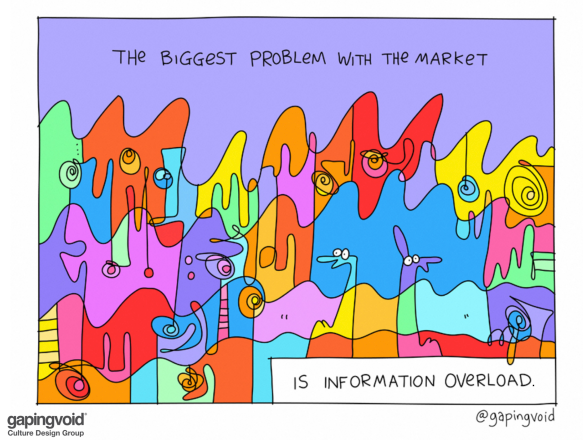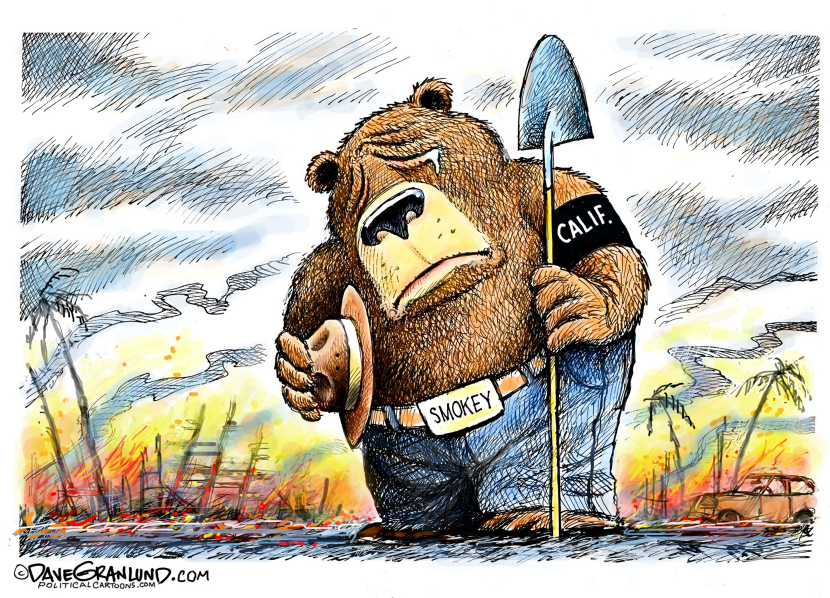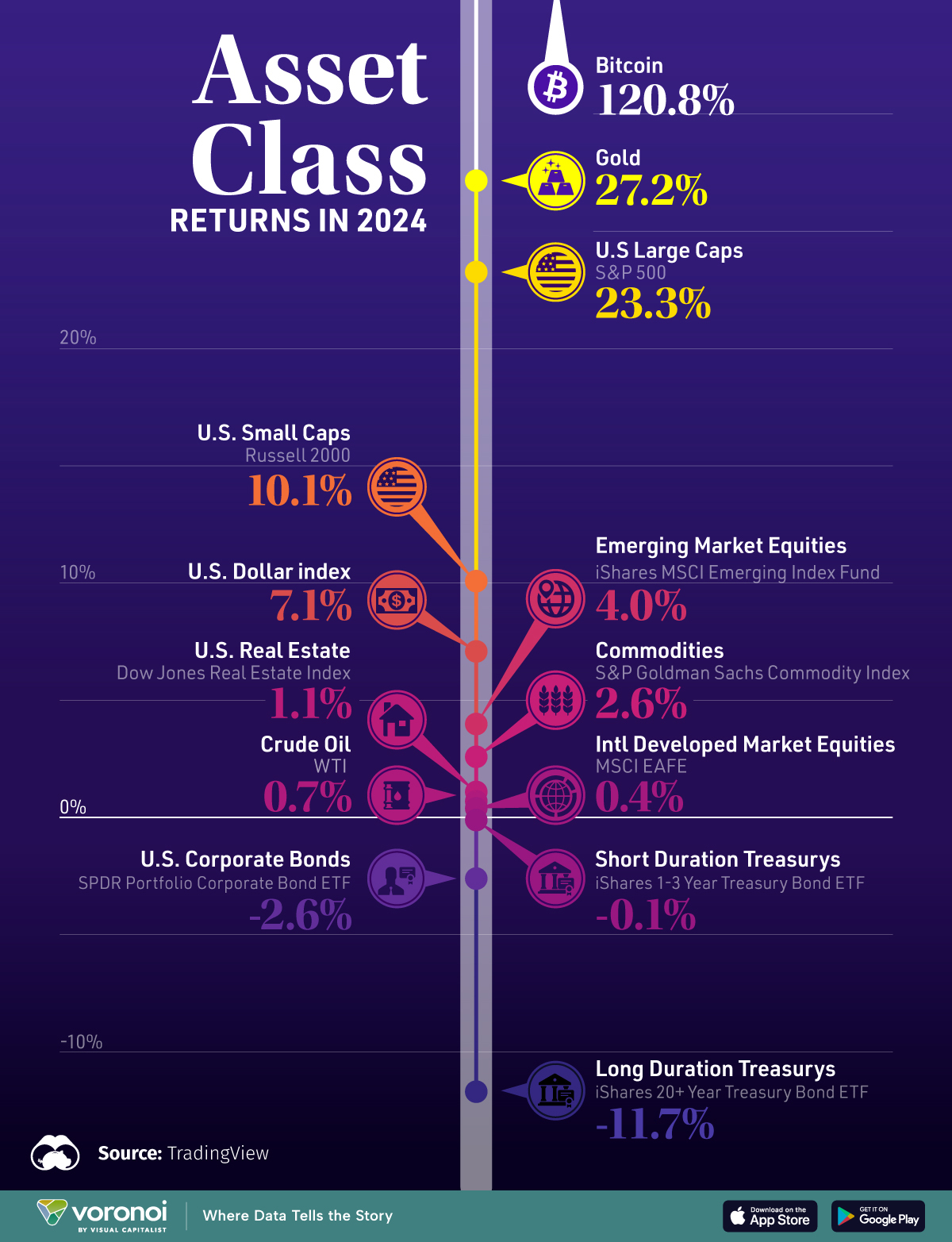Next Sunday is Easter, but yesterday was the first night of Passover – an 8-day long Jewish holiday that recounts the story of Exodus.
The overlap can be seen in DaVinci's Last Supper, depicting a Passover Seder and Jesus's last meal before his crucifixion.
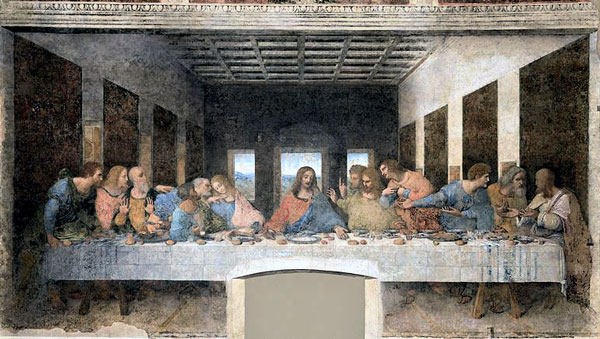
Part of the Passover Seder tradition involves discussing how to share the story in ways that connect with different types of people, recognizing that everyone understands and relates to things differently.
To do this, we examine the Passover story through the lens of four archetypal children — the Wise Child, the Wicked Child, the Simple Child, and the Child Who Does Not Know How to Ask.
The four children reflect different learning styles — intellectual (Wise), skeptical (Wicked), curious (Simple), and passive (Silent) — and highlight how we must adapt communication to the diverse personalities and developmental stages of our audience.
This seems even more relevant today, as we struggle to come to a consensus on what to believe and how to communicate with people who think differently.

On a lighter note, one of the memorable phrases from Exodus is when Moses says, "Let my people go!" For generations, people assumed he was talking to the Pharoah about his people's freedom. But after a week of eating clogging food like matzoh, matzoh balls, and even fried matzoh … for many Jews, "Let my people go" takes on a different meaning.
After Passover, and as we enter a new season, it's a great time for a mental and physical 'Spring Cleaning,' and delve into your experiences to cultivate more of what you desire and less of what you don't.
Here is to Spring, Re-Birth, and Spring Cleaning.
Hope you had a great weekend.

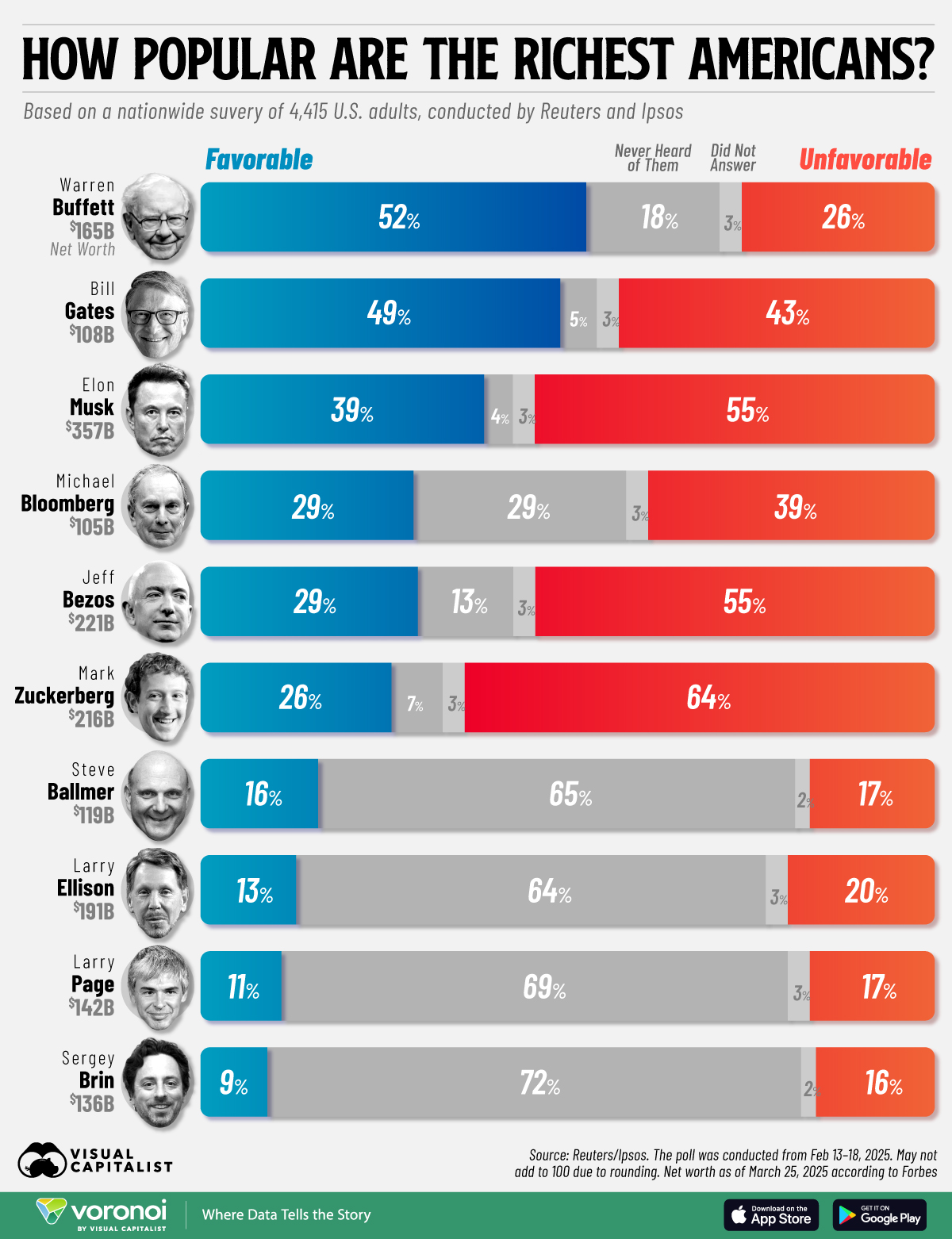


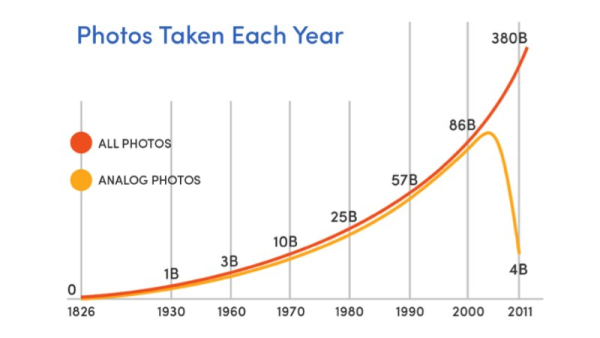

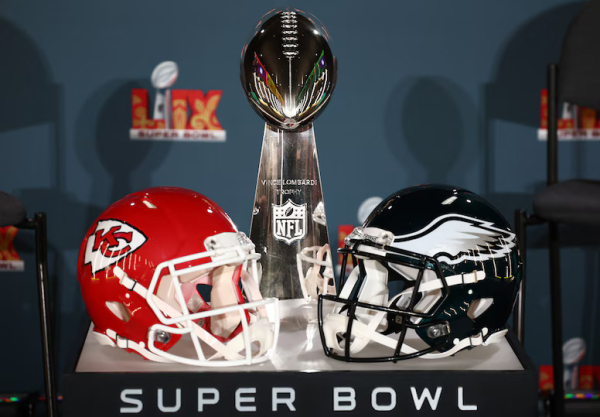 Image via
Image via 